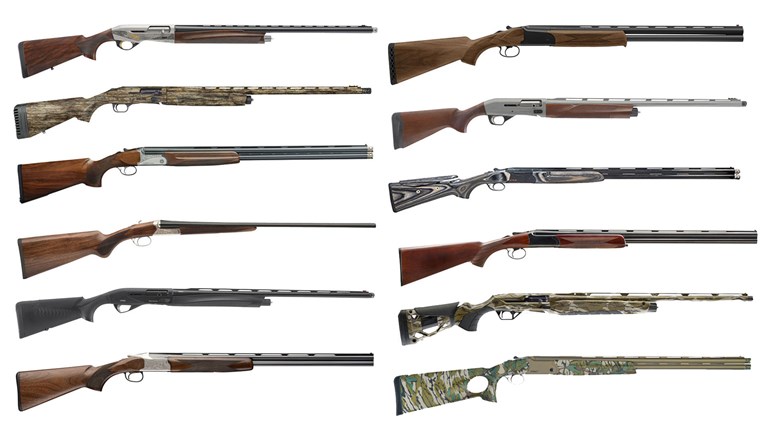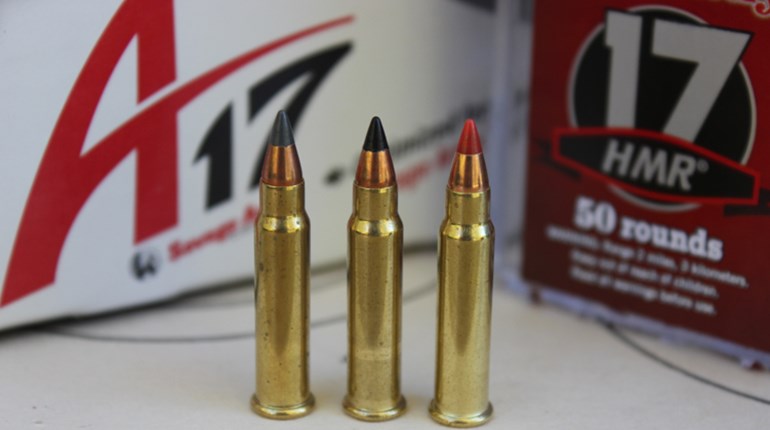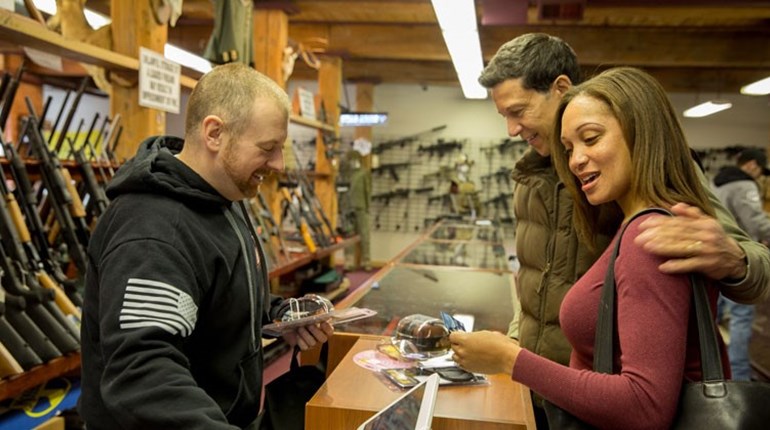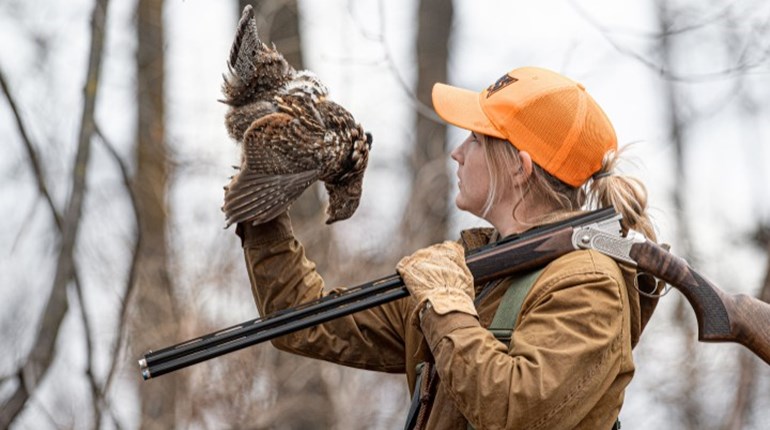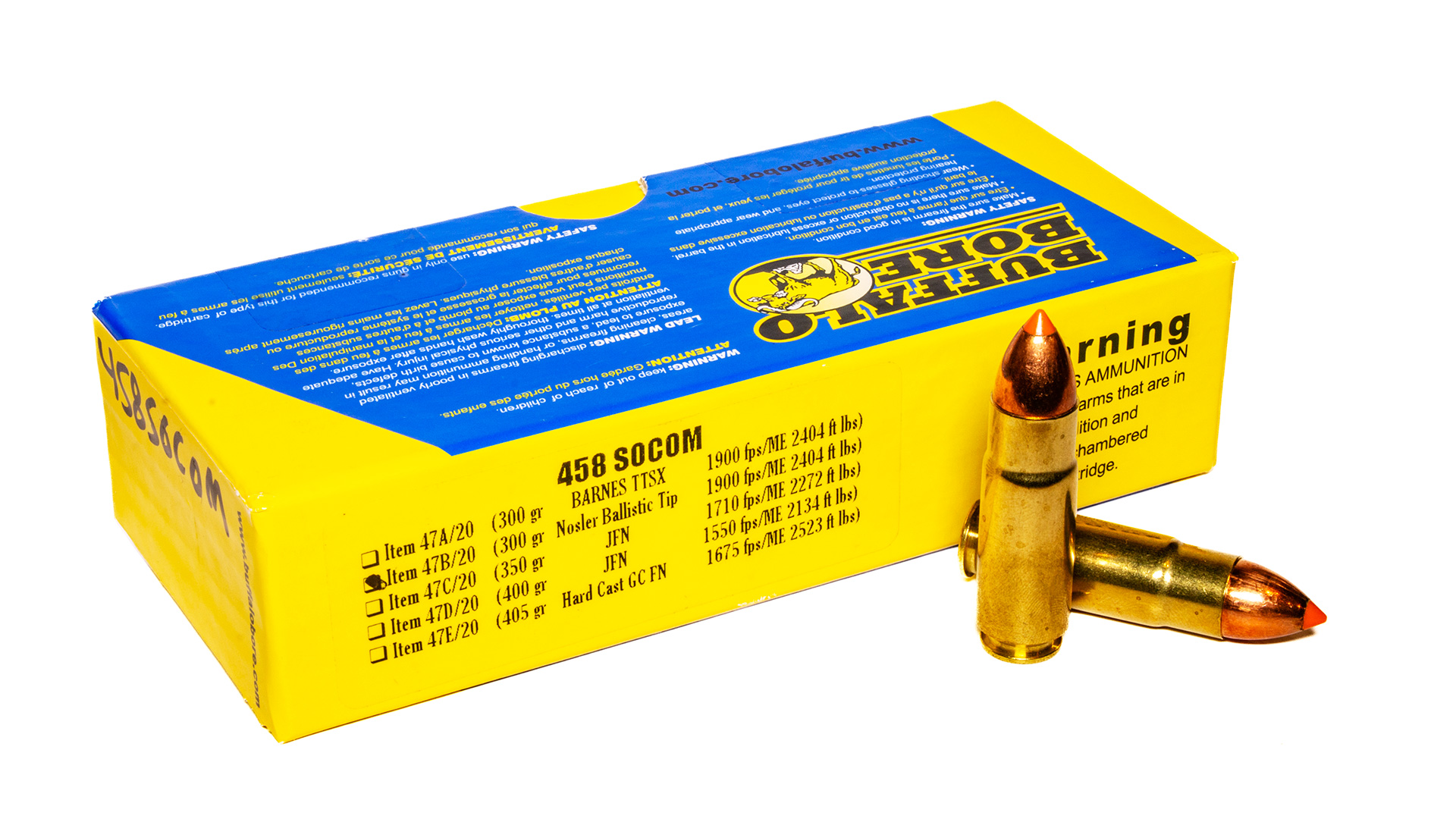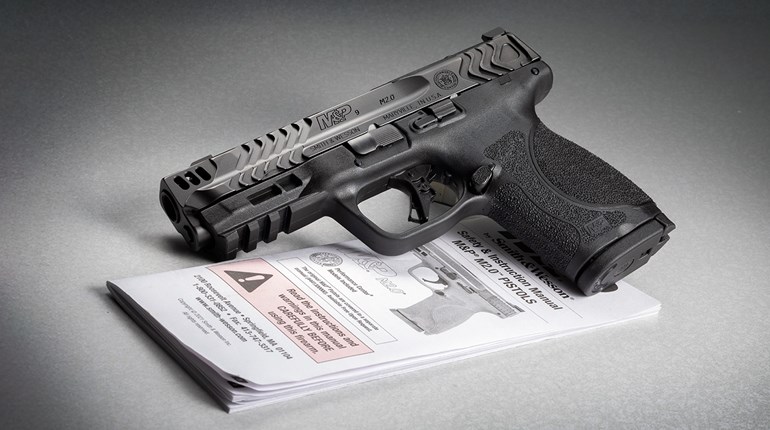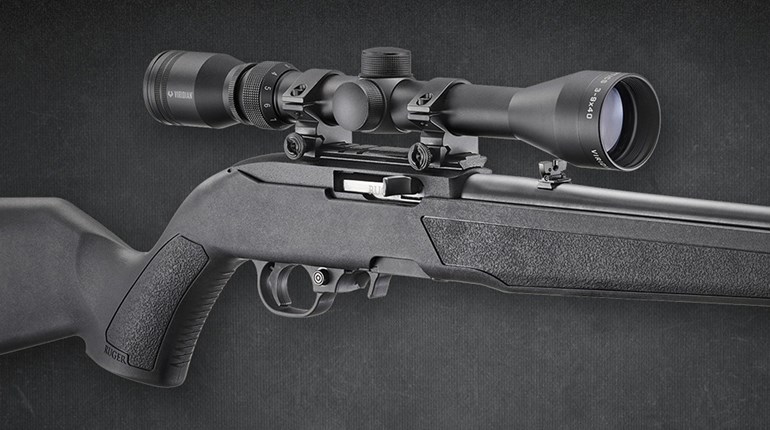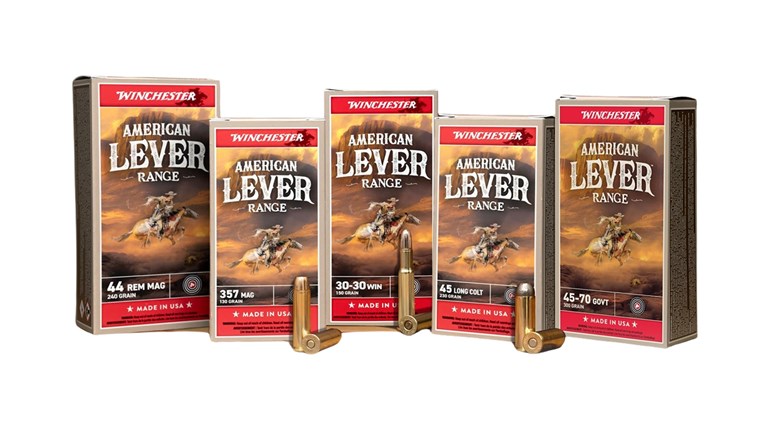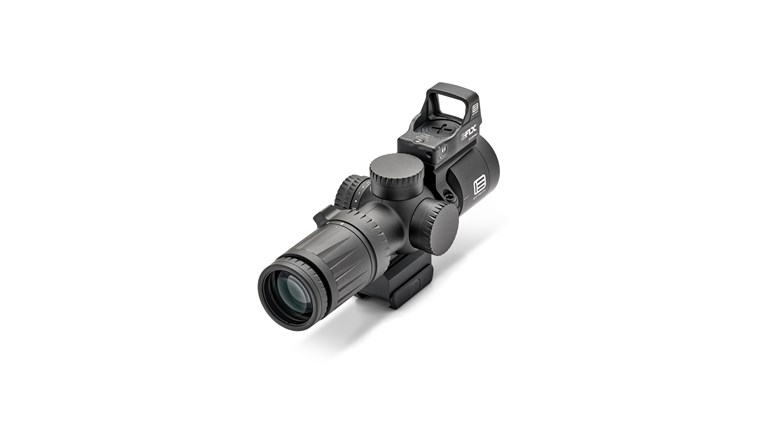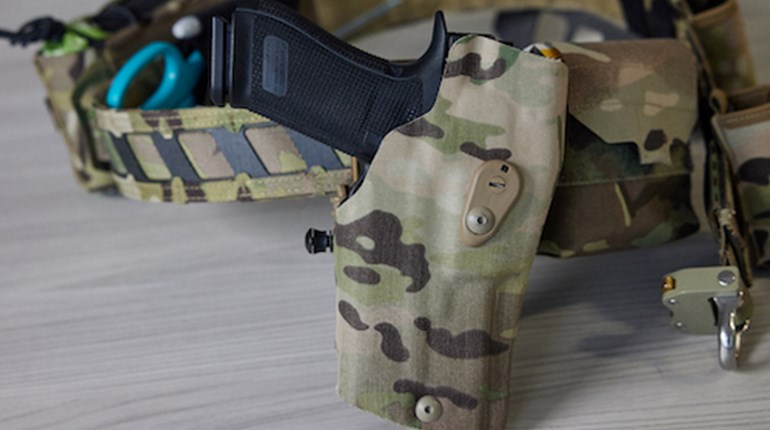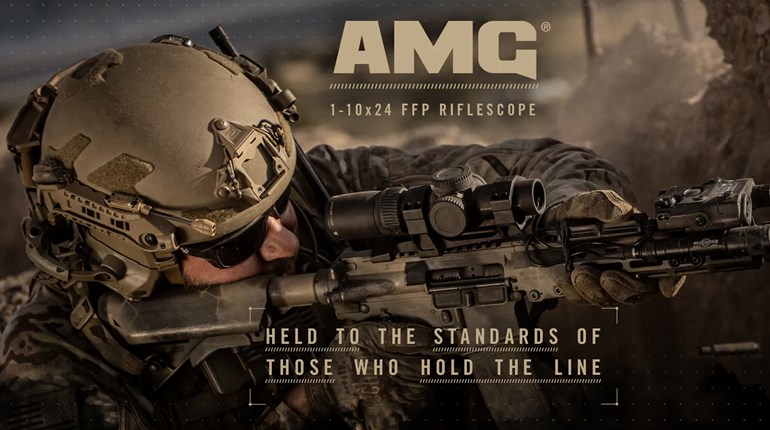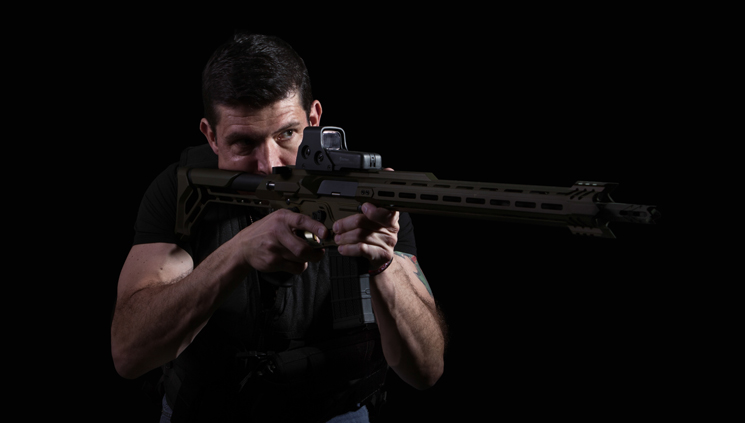
In 2012 there were few places in the world more dangerous for U.S. officials than Benghazi, Libya. The country had been engaged in fighting since the days of Mussolini and his North African campaign, and the rise of a young militant named Muammar al-Gaddafi in the late 1960’s led to the fall of the Libyan monarchy and created more division and bloodshed within the country. Some Libyans softened toward Americans and American interests following Gaddafi’s ignoble fall from power in 2011, but a year later there was renewed hostility among some Benghazi residents toward western culture. This instability was constantly on the minds of the select group of U.S. government contractors, known officially as the Global Response Staff, charged with ensuring the safety of American officials at the U.S. Diplomatic Compound in the city.
Benghazi lies sandwiched between the jade waters of the Mediterranean to the north and the vast, empty, unforgiving Sahara Desert to the south. The city’s explosive history makes it a hostile environment where danger is always looming, like living on the slope of an active volcano. And on September 11, 2012, a few hours after the Muezzin called for evening prayer and the sun set on the Libyan port town, the volcano erupted. A gang of armed attackers entered the U.S. Diplomatic Compound, quickly overrunning the local security team and launching a full-scale attack on the U.S. officials within. Six GRS operators, stationed at an annex less than a mile from the compound, awaited orders to respond. As those contractors waited for official word to intervene they had to watch as the U.S. compound burned and listen as the clatter of rifle fire echoed from within the compound walls. The GRS team faced immense internal conflict—the desire to save their countrymen who were in imminent danger and the requirement to wait for official orders. Ultimately, the GRS team decided to act. They entered the burning remains of the U.S. complex.
The story of those six operators serves as the nucleus for the new film 13 Hours: The Secret Soldiers of Benghazi and the New York Times bestselling book upon which the movie is based. One of those soldiers was Kris “Tanto” Paronto, a former member of the Army’s 75th Ranger Regiment and an operator with almost a decade of experience working in some of the Middle East’s most dangerous environs. When the operators finally decided to make entry into the compound they were uncertain what they would find inside. It was entirely possible that the terrorist group who had attacked the compound had positioned shooters to intercept any rescue force, and it was equally likely that the compound had been rigged with traps and explosives. Yet the GRS team entered through the rubble and the flames without a thought for their own safety. Paronto’s decision to move into the compound echoed a line from the Ranger Creed: “Energetically will I meet the enemies of my country.”
The story of the heroic actions of Paronto and the other secret soldiers of Benghazi on September 11, 2012 has riveted the nation, but what can those of us who have never worked in those type of conditions learn from a man like Kris Paronto? How can his experience in Benghazi and in other parts of the Middle East help Americans be better prepared to face danger on our own suburban streets?
Survival is a mindset. It’s not always easy to control your emotions and your fears, to outwit the sympathetic nervous system. Doctor John Leach, an expert in survival, developed the theory of “10/80/10.” His experience has shown that, in a traumatic or dangerous situation, ten percent of individuals will act rationally and will survive, eighty percent of people will be stunned and unable to respond effectively, and another ten percent of the population will be essentially hysterical, unable to function at all. So how do you become part of that top ten percent?
Millions of Americans have opted to exercise their right to obtain a concealed carry permit, and in doing so they have taken responsibility for their own safety. But simply carrying a gun and knowing how to remain calm and in charge of your emotions in the midst of a violent encounter are two very different propositions. And while none of us will likely have to run into a burning compound amid gunfire and flames to save U.S. officials, we all exist in a world were danger is a reality. What can Kris Paronto and his experience in Benghazi teach us about the basics of surviving a deadly encounter, about the thin line between being a victim and the victor? We asked him to explain to us how fear works and how to manage this emotion in the most critical of times.

SI: What was your mindset when you were headed to and entering the CIA Compound in Benghazi?
KP: I had been deploying for close to 10 years at that point so I had the mindset to get comfortable with my surroundings and start obtaining the atmospherics of the city. From culture to clothing, driving habits, people’s looks toward me, attitudes, checkpoint locations, weapon system out in the open, and general disposition of the local populace. The learning curve once you’re in a country and or city is so quick that you need to start building a profile of your surroundings immediately.
SI: Were you naturally a fearless person, or did it take time to develop a winning/surviving mindset?
KP: I am not fearless, I’ve just trained over a long period of time to know that the adrenaline I feel during a crisis situation, the flight or fight, are the same emotion. When the feelings come I use that adrenaline for fight. It takes hard, pressure-filled training, (thank you 75th Ranger Regiment) to go into pressure-filled real-world situations. I learned I could turn the adrenaline into a positive and not a fearful flight response. I was thinking more clearly, events going on around me were more vivid, and I could move more fluidly. It’s almost like an additional sense. The bureaucratic, cowardly statement “fog of war” was made by those that have never been on the ground experiencing battle or were hiding in their fox holes when bullets were flying. There is no such thing to those who have stood toe to toe with the enemy and fought.
SI: What were the keys that helped you maintain composure in the face of danger?
KP: Faith. Faith in your training, which was a not a problem after being trained in the best direct action unit in the world, 75th Ranger Regiment. Faith in your teammates. And, biggest of all, faith in the Lord Almighty. You have to let go of control of your life in a sense; I did not worry about living or dying, I was most concerned on helping my fellow man and friends that needed me. I understand that He had put me and the team in Benghazi on 9/11/2012 for a reason, and that reason was to help save over 30 lives, even if that meant losing our own.
SI: Maintaining composure in the face of danger is complex. It requires overcoming the flight/fight response initiated by the sympathetic nervous system. In essence, you’re learning to gain control over the natural response to fear. How do you start learning to do that?
KP: Self training. When I start to feel that “fight or flight” I consciously think to myself, ‘move that adrenaline to my muscles, arms, legs, and start thinking about going toward the fight and not away.’ It takes a conscious decision to run toward to fight, but just like anything else, if you do it enough it becomes instinctive. It’s also not as difficult when you have great teammates that are willing to go into the battle with you.
SI: What would you tell someone who says, “I just got a concealed carry license. I don’t carry often, and I don’t feel very comfortable with a gun. What advice do you have for me?”
KP: Go to an indoor or outdoor range and start shooting. You need to build up confidence by being comfortable handling your weapon. This is built up only through time, practice and repetition. Get one-on-one training with an experienced professional. Can you see a pattern here? Train, train, train!
SI: Why is the Second Amendment important?
KP: It ensures the US peoples protection against a tyrannical ruler and/or government. It also ensures our right to self-defense.












